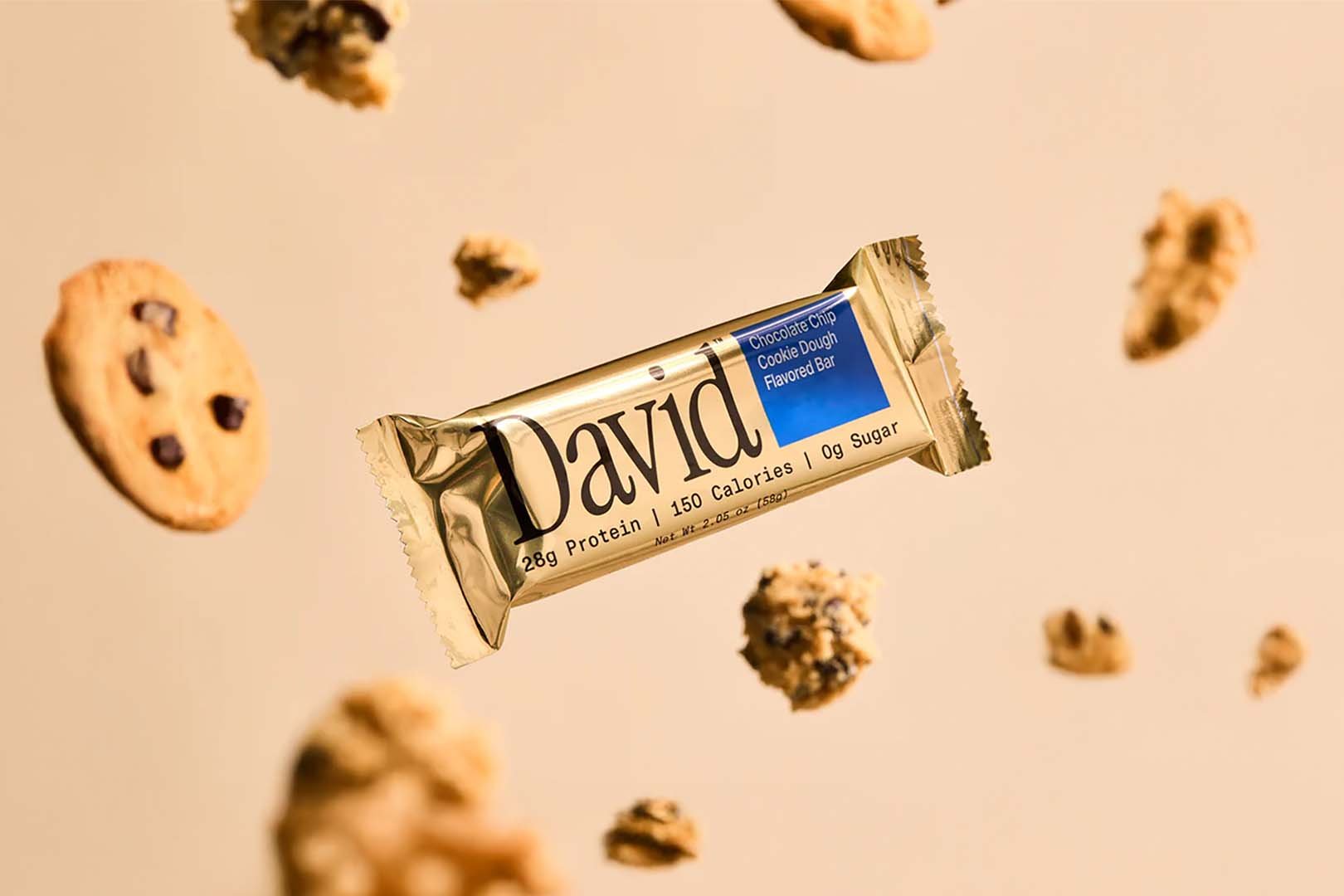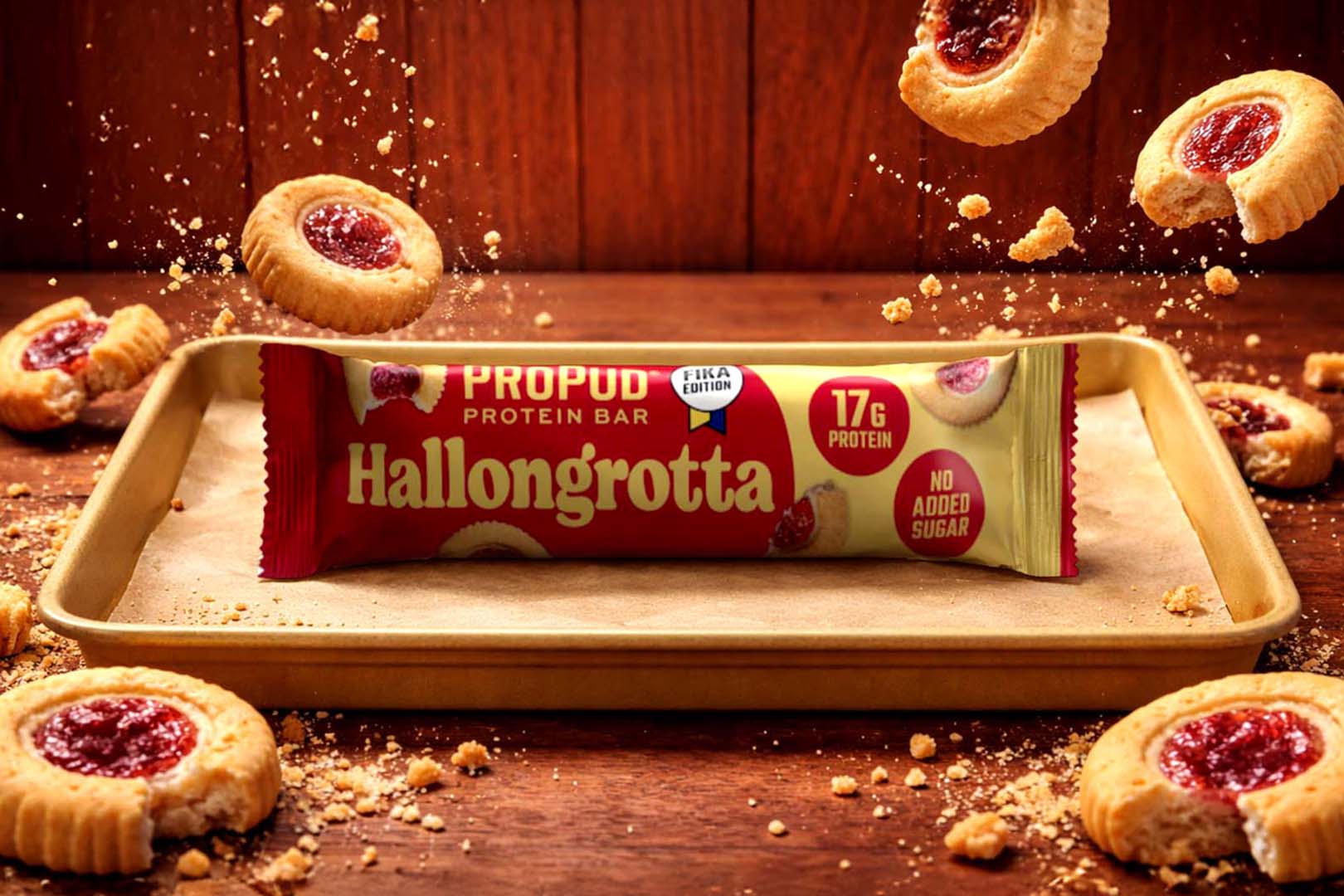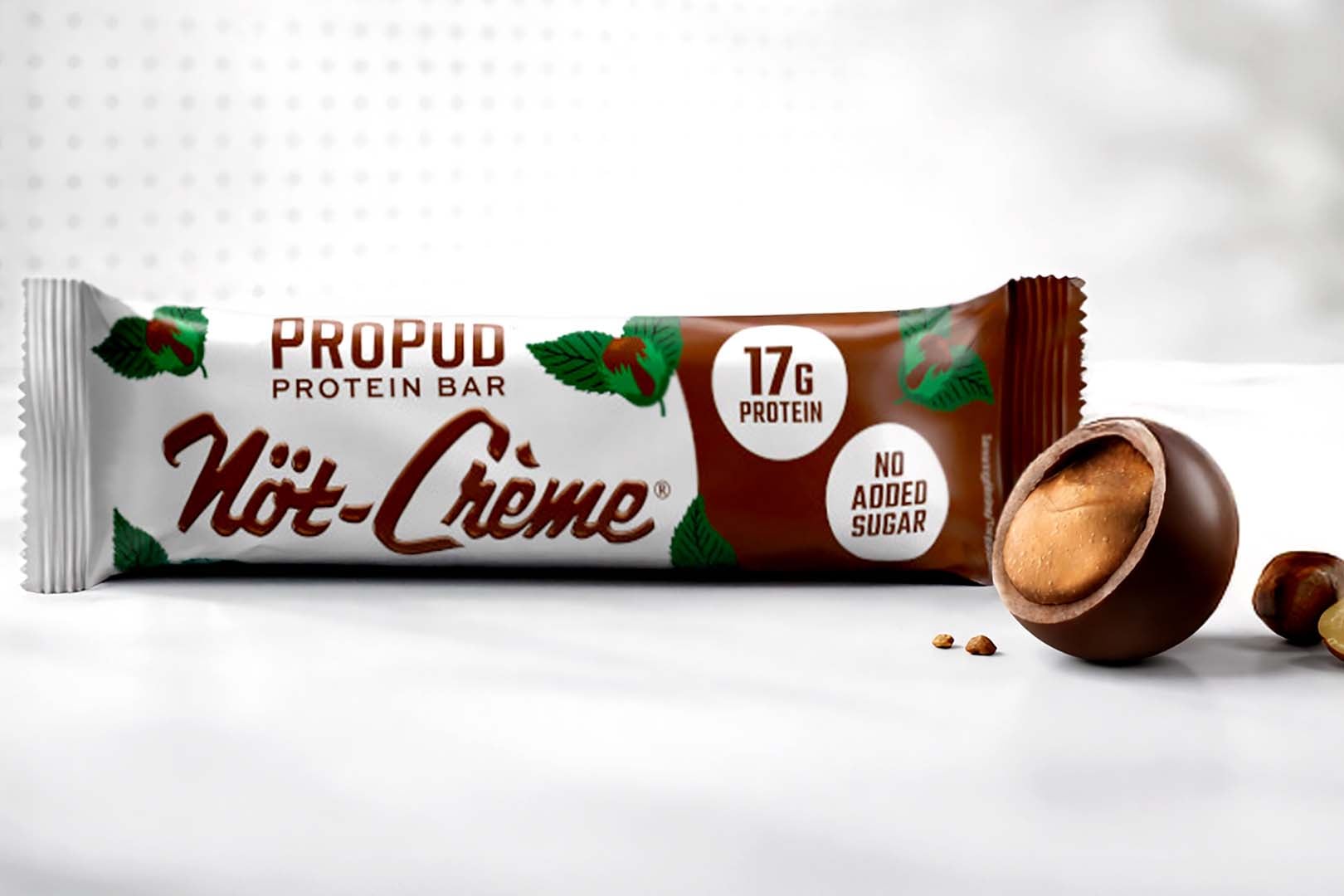
David Protein has officially responded to the antitrust lawsuit filed earlier this month, denying allegations that it hoarded the key fat-replacement ingredient EPG following its acquisition of Epogee. In its court filing on June 11th, the company claimed it did what any business would do when faced with a single-source supplier — secure long-term supply through down payments and confirmed two other brands held similar contracts.
The response outlines that the three plaintiffs never signed formal supply agreements and, in some cases, made only minimal purchases or simply received samples. According to David, Epogee was losing money on these accounts, with orders far too small to support a profitable operation. The company emphasized its strategy wasn’t about cutting off access, but prioritizing larger, consistent buyers that could support long-term viability as a business.

“Our approach was not to categorically eliminate access, but to shift toward serving customers capable of placing consistent, high-volume orders — an essential step for transforming Epogee into a viable business,” said David co-founder Zachary Ranen in the filing. “At no point did we ‘hoard’ all available EPG or refuse to sell across the board, as plaintiffs suggest.”
David confirmed it reached out to 11 of Epogee’s existing customers, not the plaintiffs, to reassure them of continued supply. The company’s filing also dismissed the accusation of secrecy, stating that disclosing a pending acquisition before finalization isn’t standard. It characterized its decision to phase out low-volume customers as a necessity, not manipulation or monopolization, and said it never denied EPG sales across the board.


